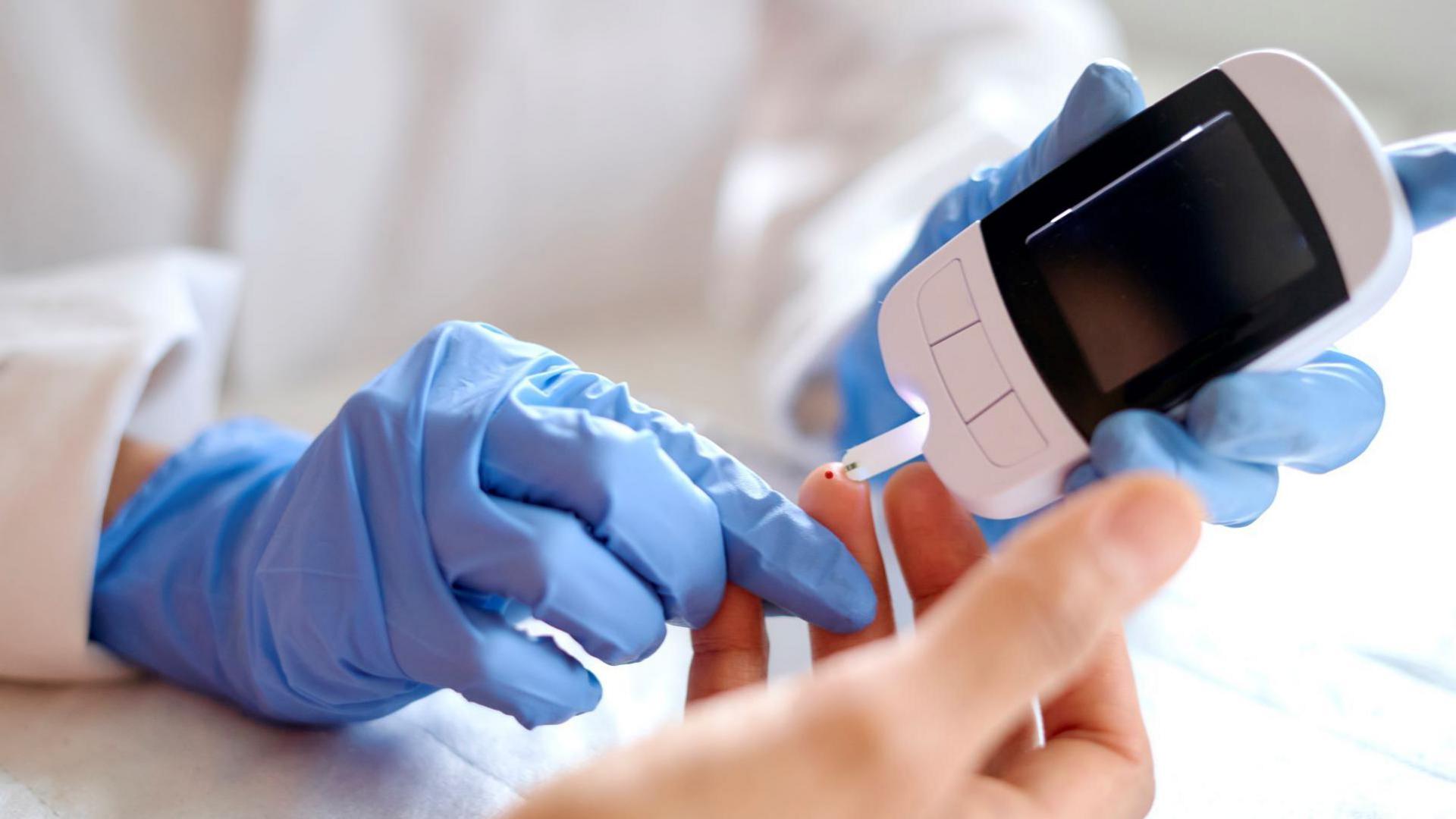Doctor promotes reusable insulin pens to cut waste
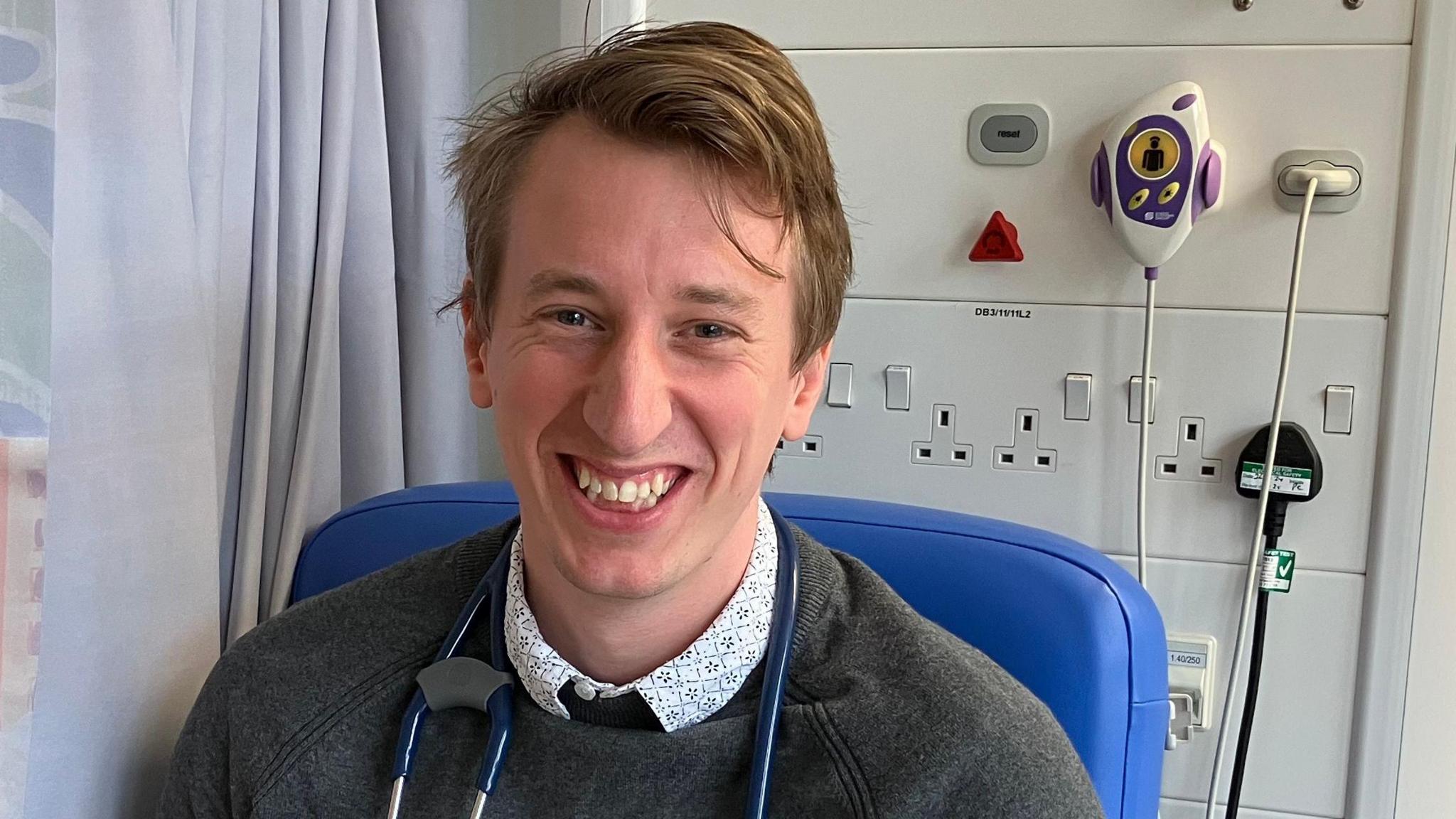
Dr Vincent Simpson aims to reduce plastic waste and save the NHS money by championing reusable insulin pens
- Published
A doctor and honorary researcher at the University of Exeter is leading a campaign to make reusable insulin pens the standard for treating diabetes patients.
Dr Vincent Simpson aims to cut down on plastic waste and save the NHS money by encouraging clinicians and patients to switch from single use pens.
He said four million single use insulin pens are currently prescribed each year, contributing 79 tonnes of plastic waste and more than 1,000 tonnes of carbon dioxide emissions.
"Whilst some of the pens are recyclable, many simply end up in landfill or are incinerated," he said.
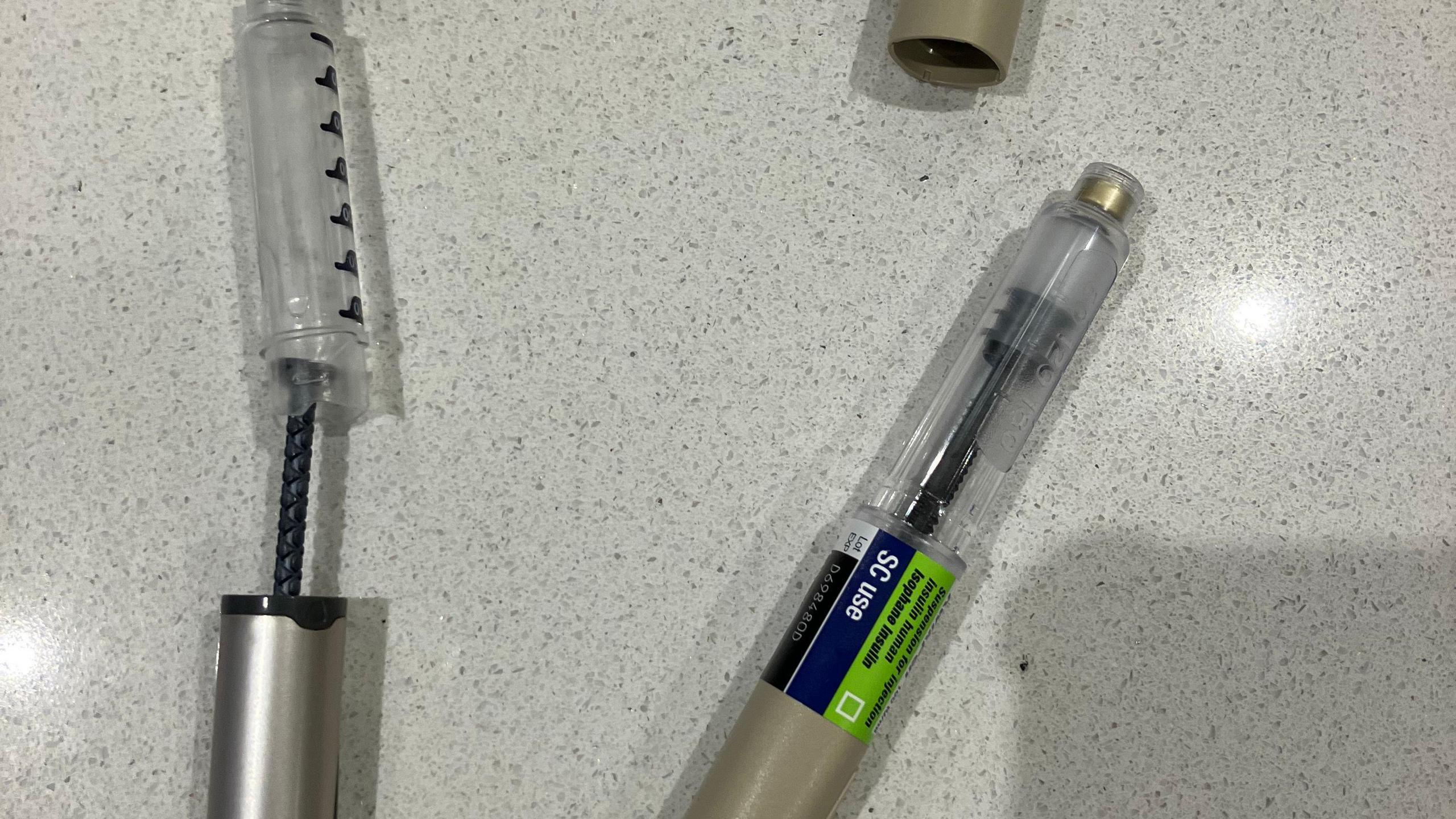
Dr Simpson said some people did not realise "reusable pens are both safe and easy to use"
Dr Simpson said he decided to take action when he realised how much unnecessary waste was being created through the treatment of diabetes.
He said many patients needed injections of insulin several times a day to regulate their blood sugar levels but the pens could be reusable.
Dr Simpson said: "A lot of people, including clinicians, don't realise reusable pens are both safe and easy to use, and often work out cheaper for the NHS in the long run.
"My mission is to ensure people who need to use insulin, and healthcare workers, have the facts and knowledge to be able to switch to the more sustainable option."
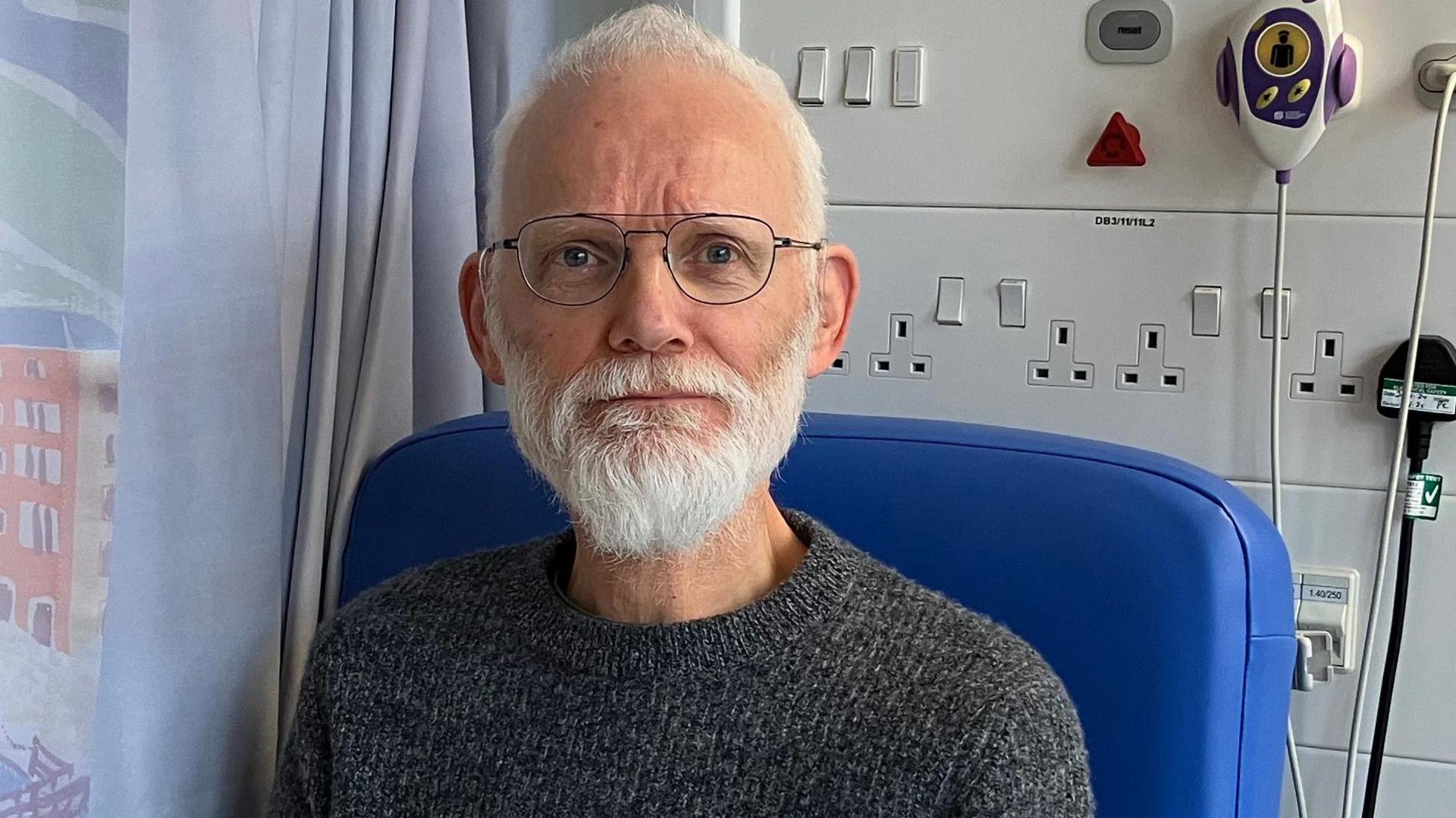
Diabetes patient Adrian Tame said he was happy to use reusable pens
Adrian Tame, from Exeter, has type 1 diabetes and had been taking his medication via single-use insulin pens for two years following his diagnosis.
He made the switch to reusable cartridge type insulin pens three months ago.
"I hadn't heard about the reusable pens until Vincent told me," he said.
"I immediately decided to swap over. The process has been smooth. I can change the cartridge every 10 days or so, and storing the cartridges is more space saving in my fridge."
The BBC has contacted The Department Of Health for comment.
More stories about diabetes
- Published31 October 2024

- Published27 October 2024
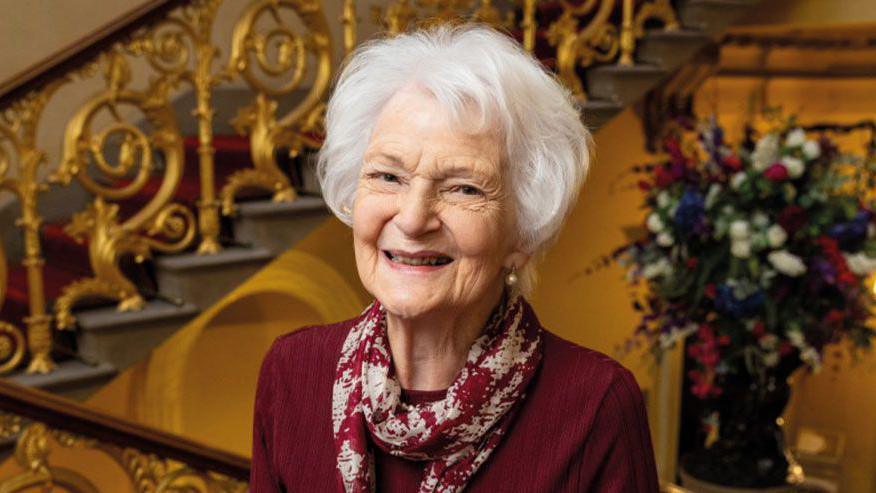
- Published22 October 2024
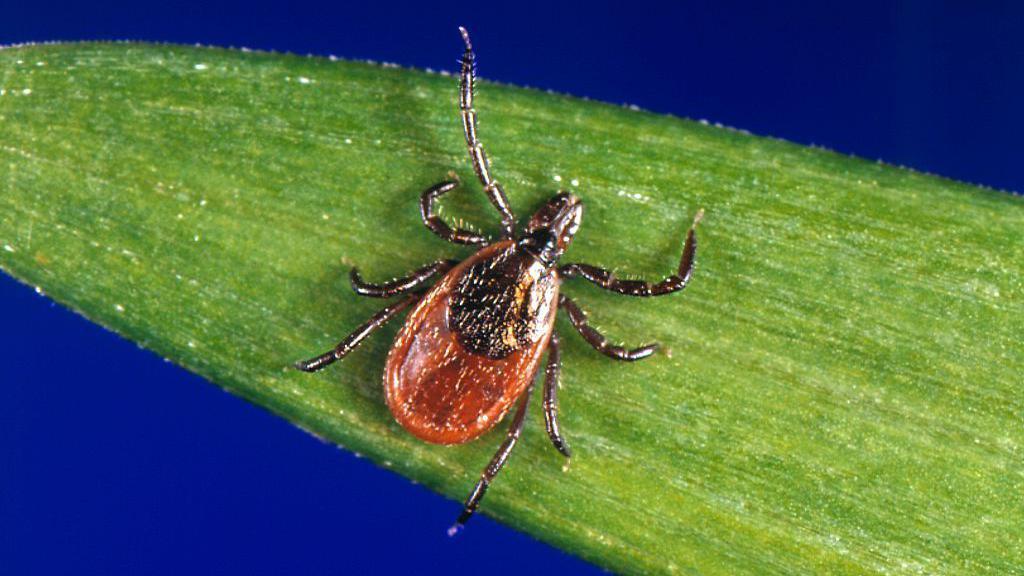
- Published16 October 2024

- Published15 October 2024
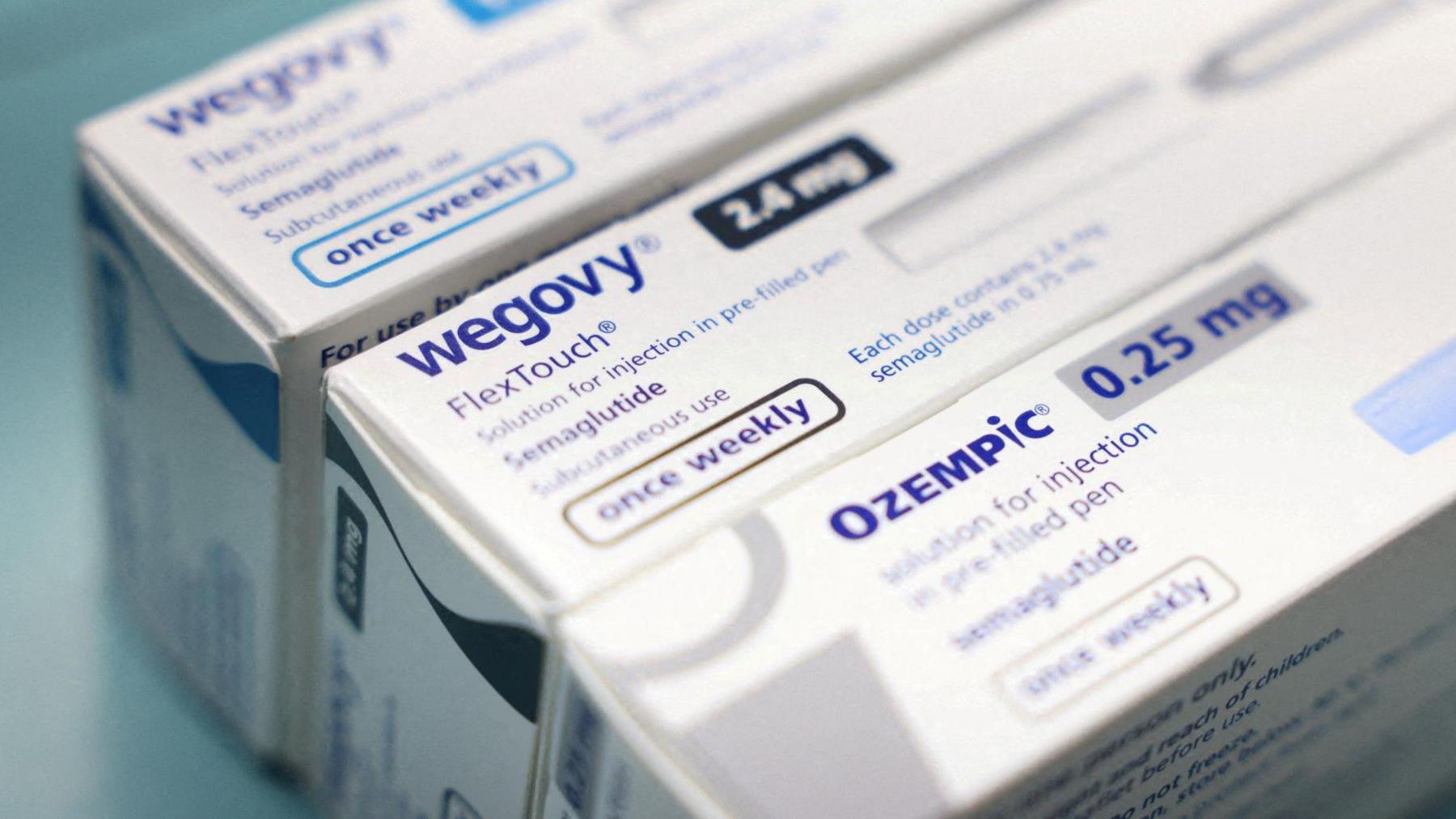
- Published9 October 2024
